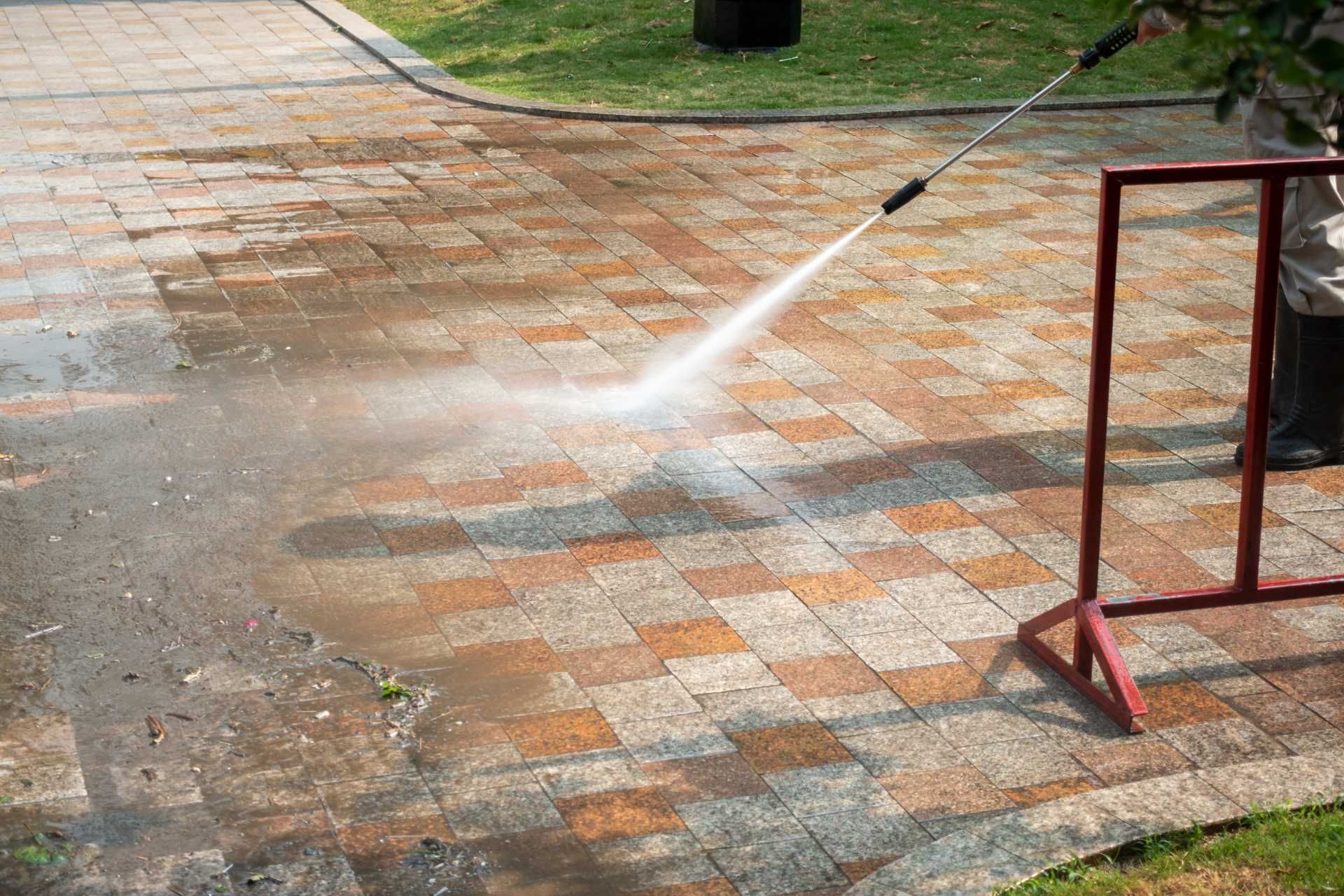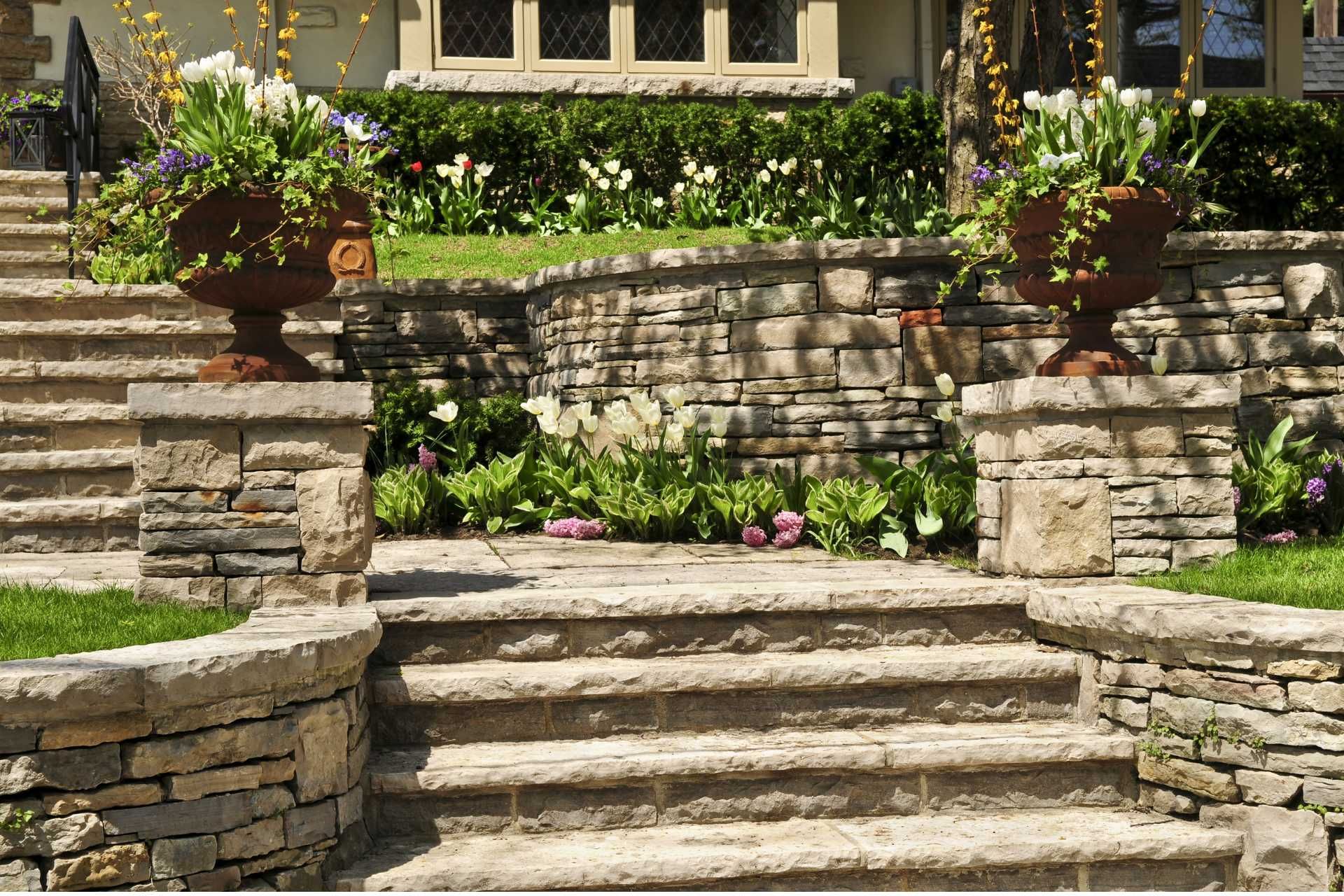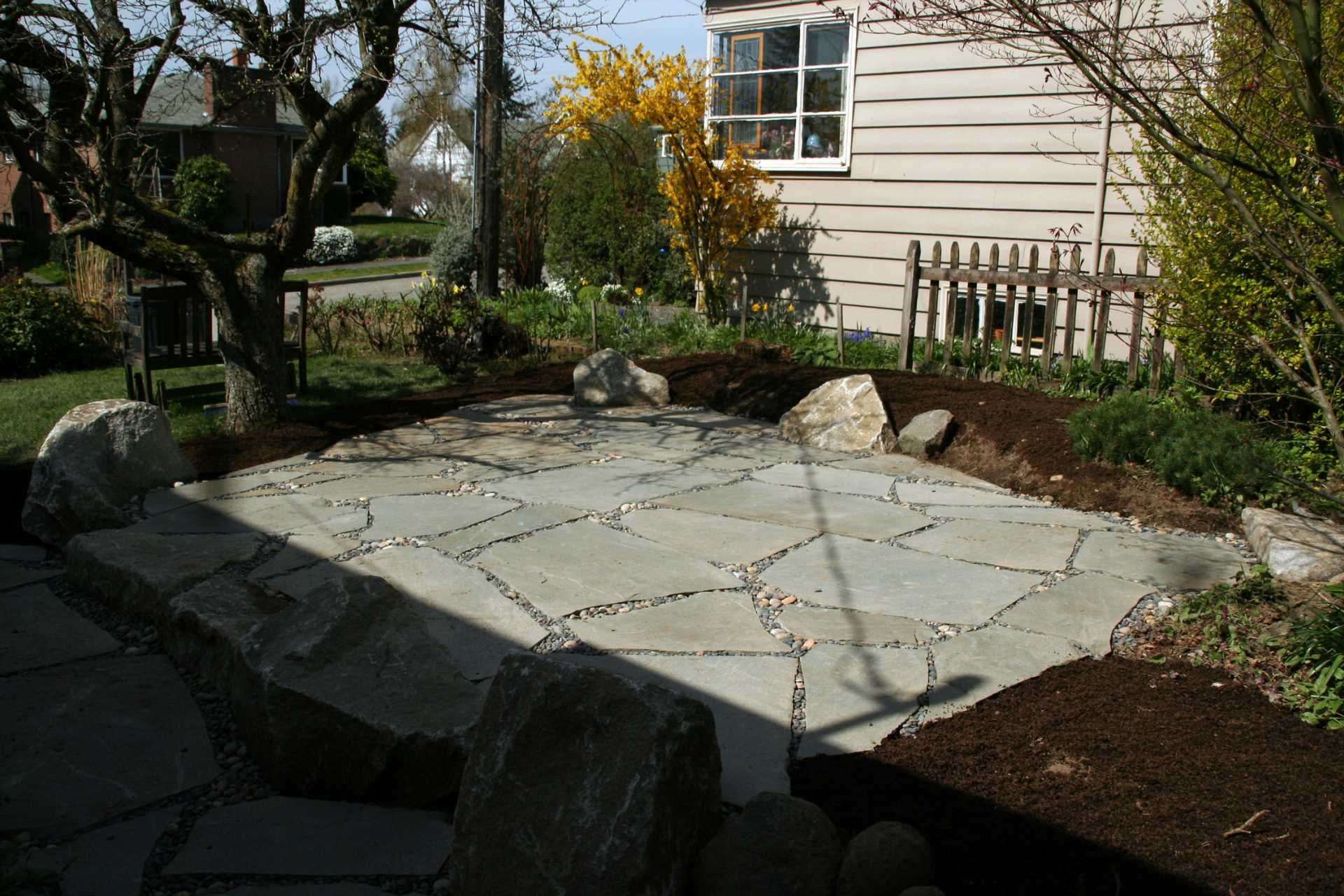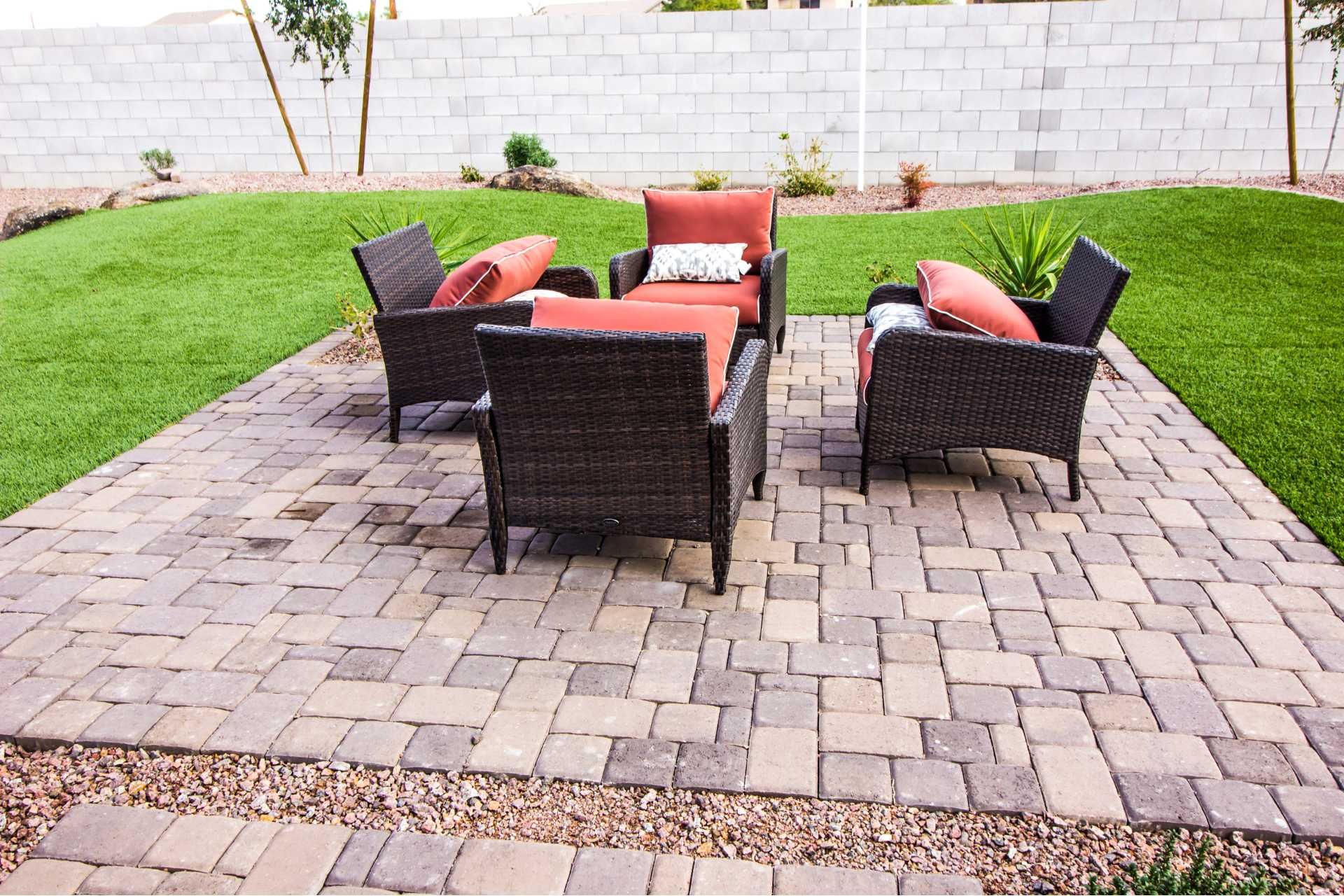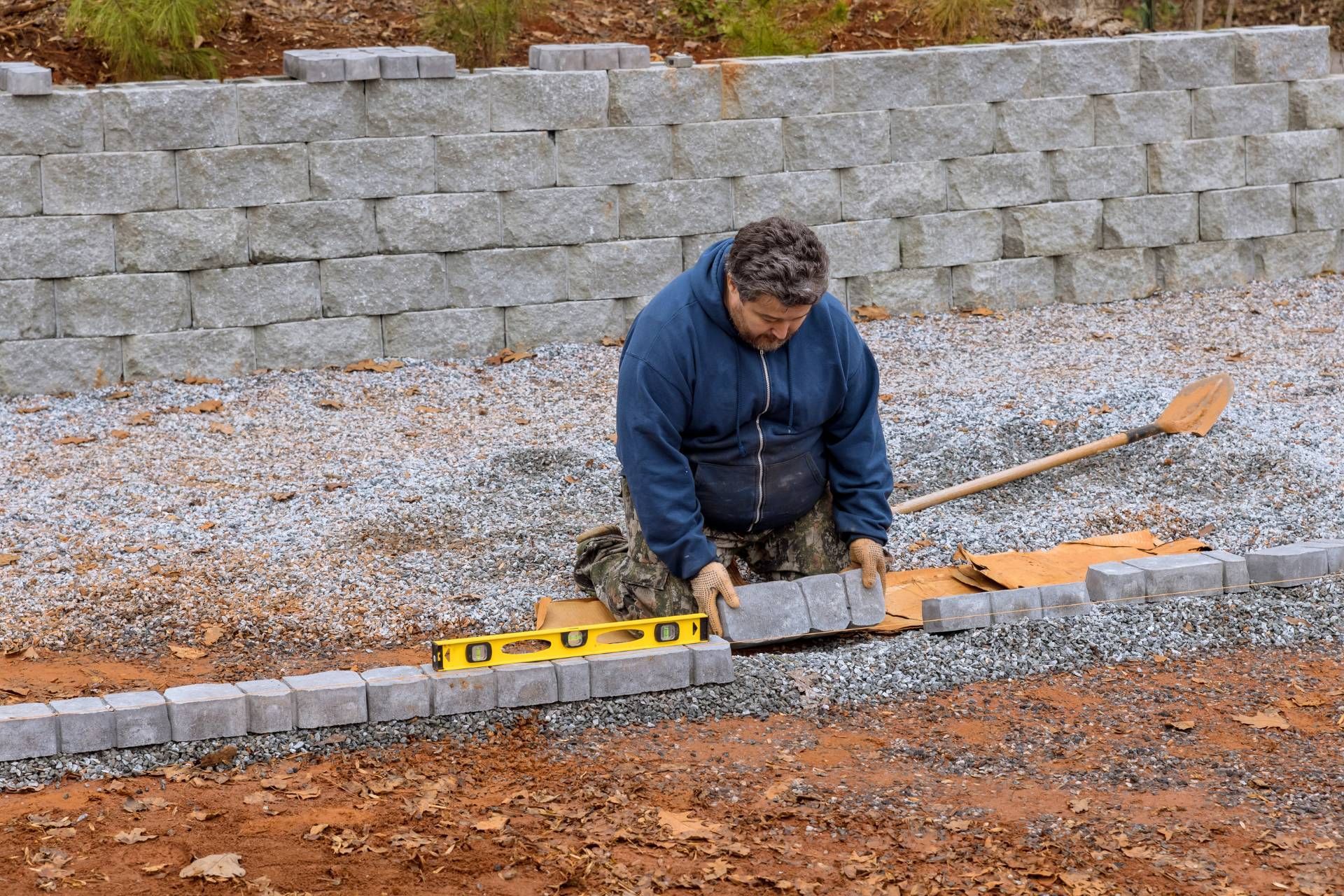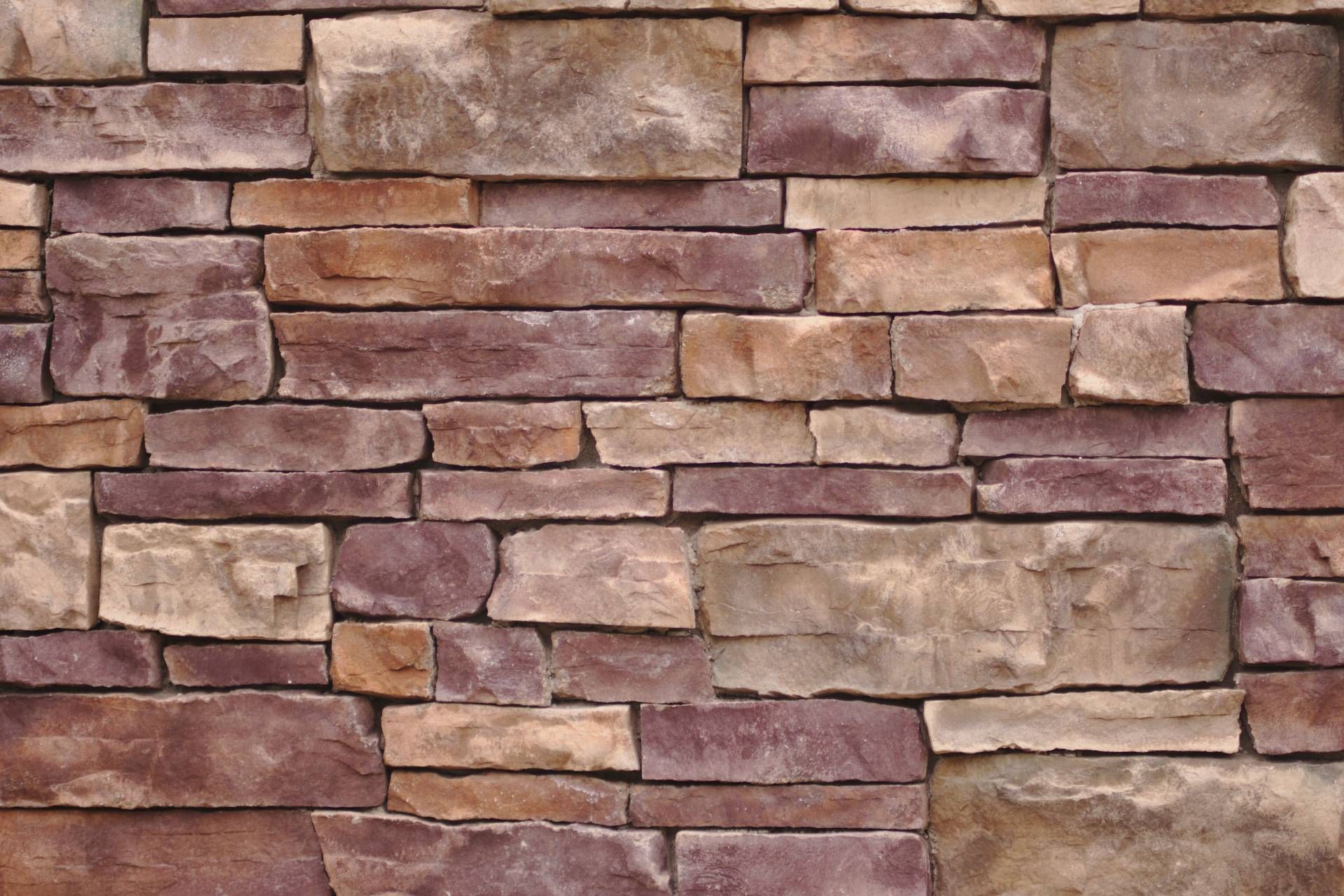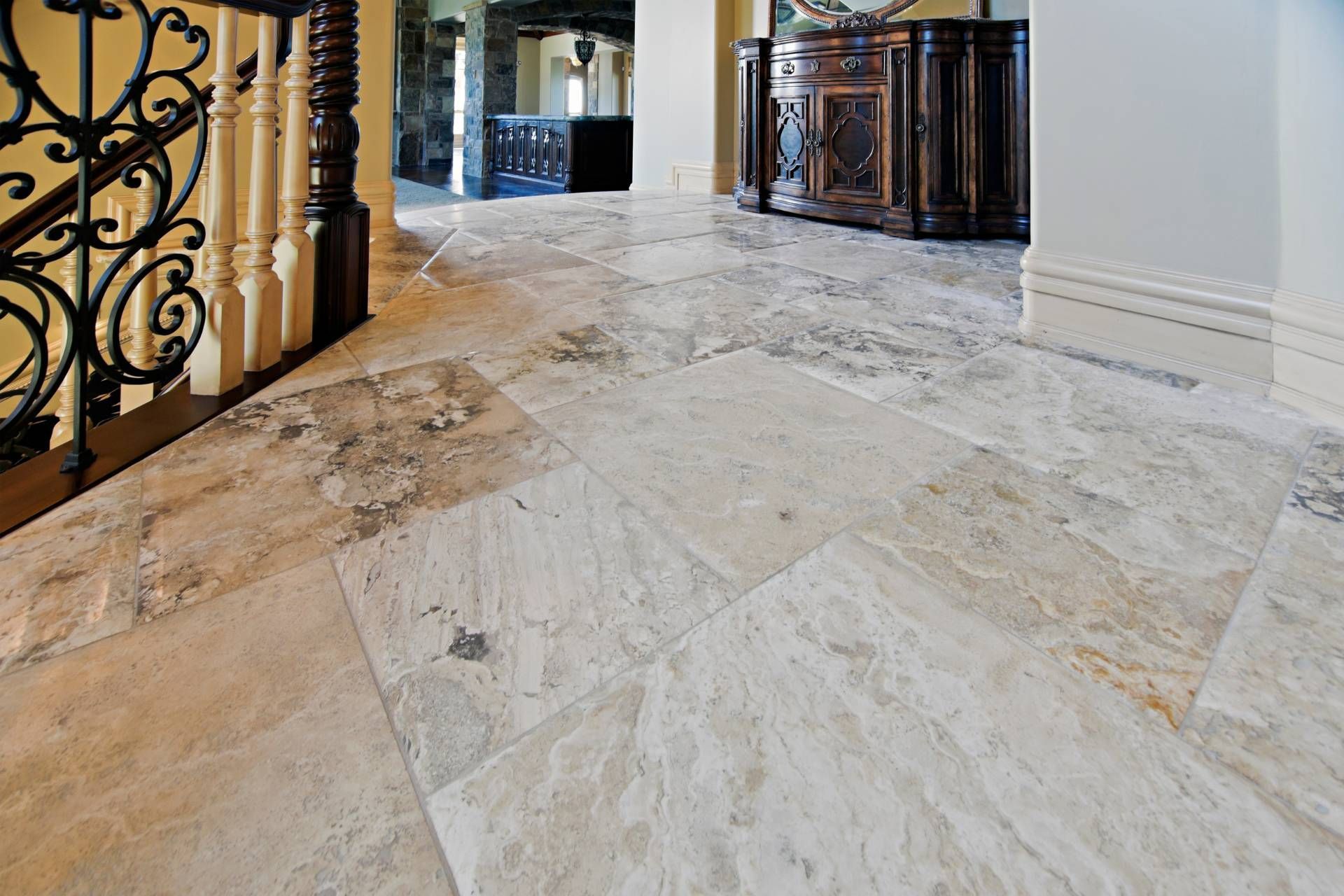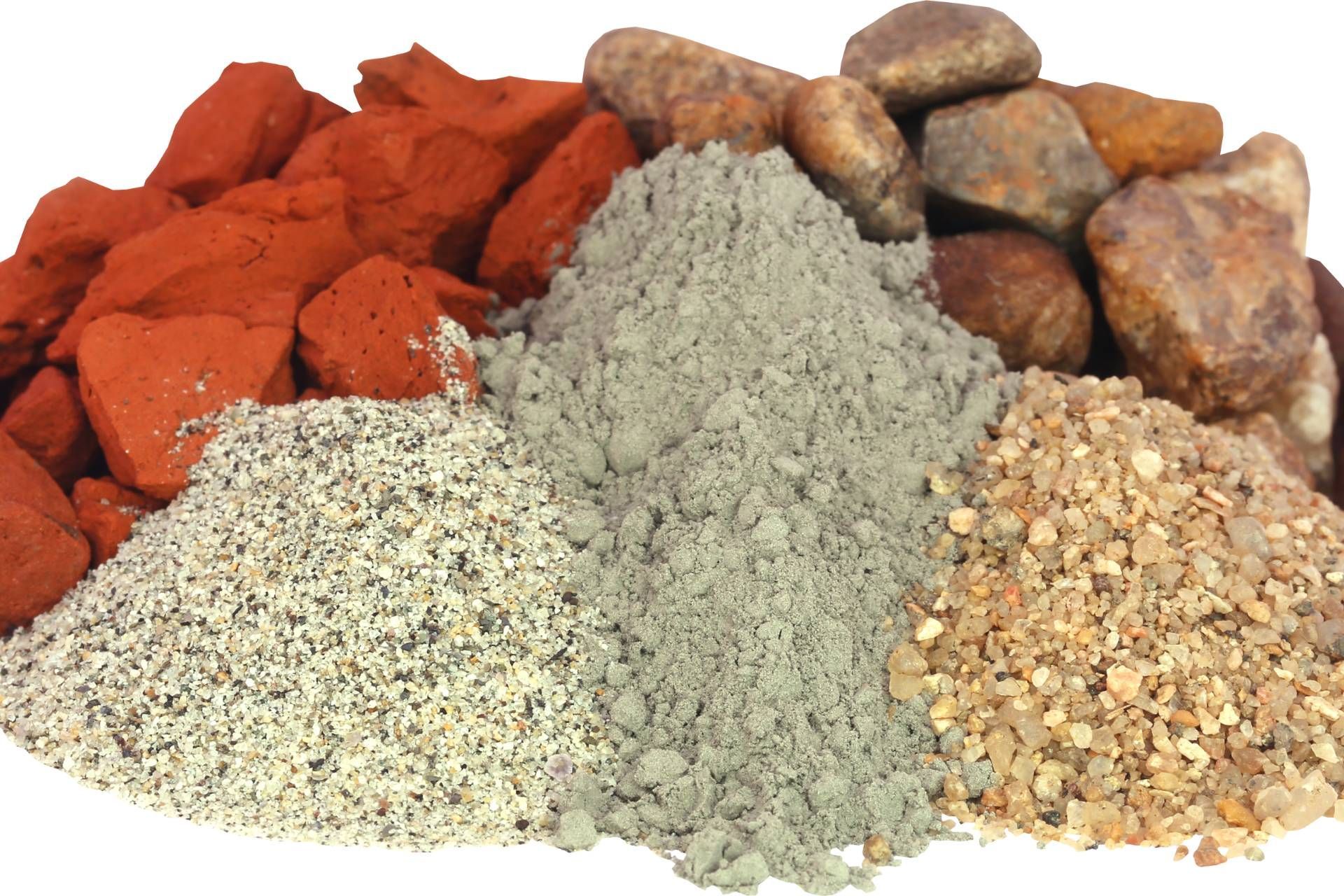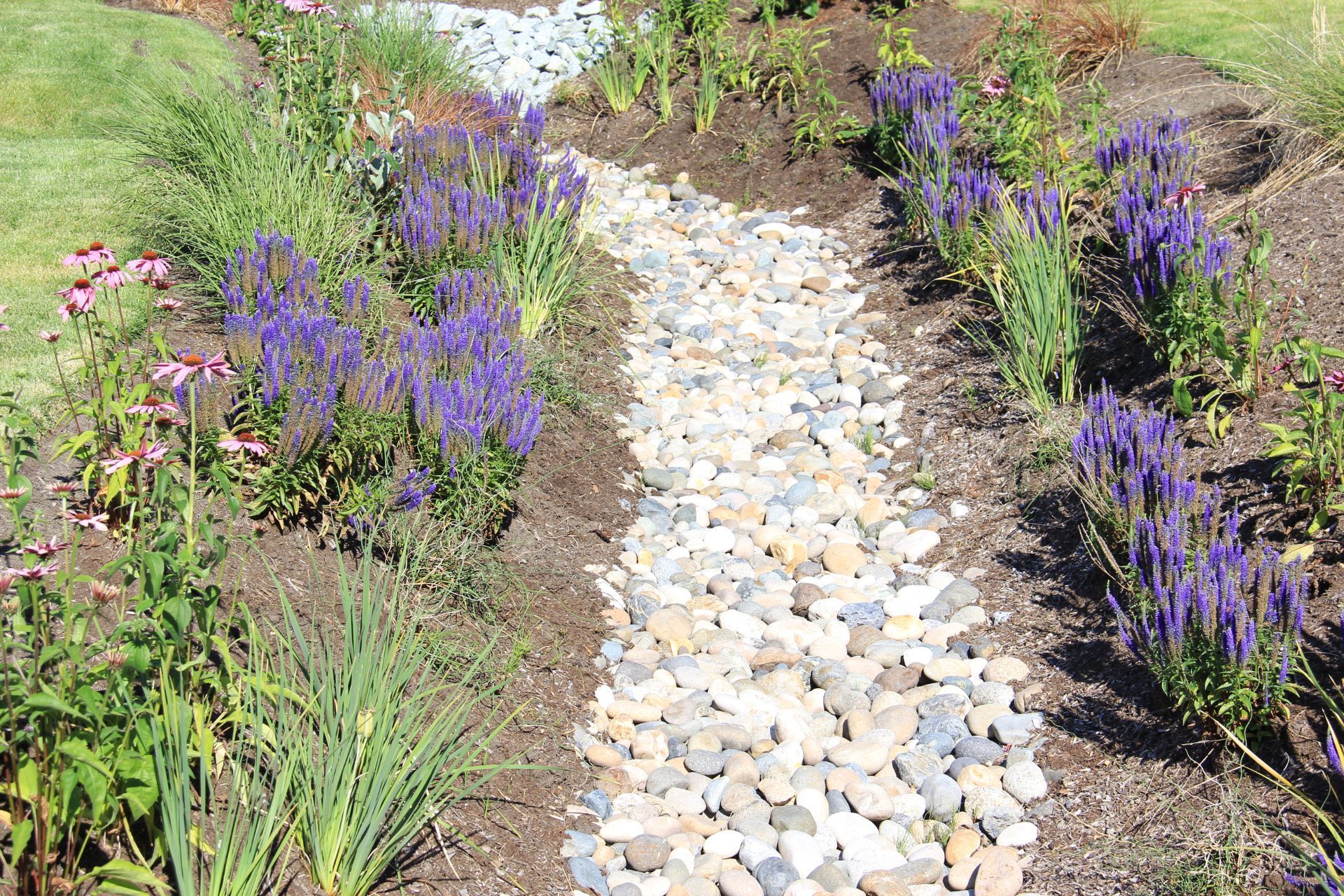Replacing Mulch with Rocks
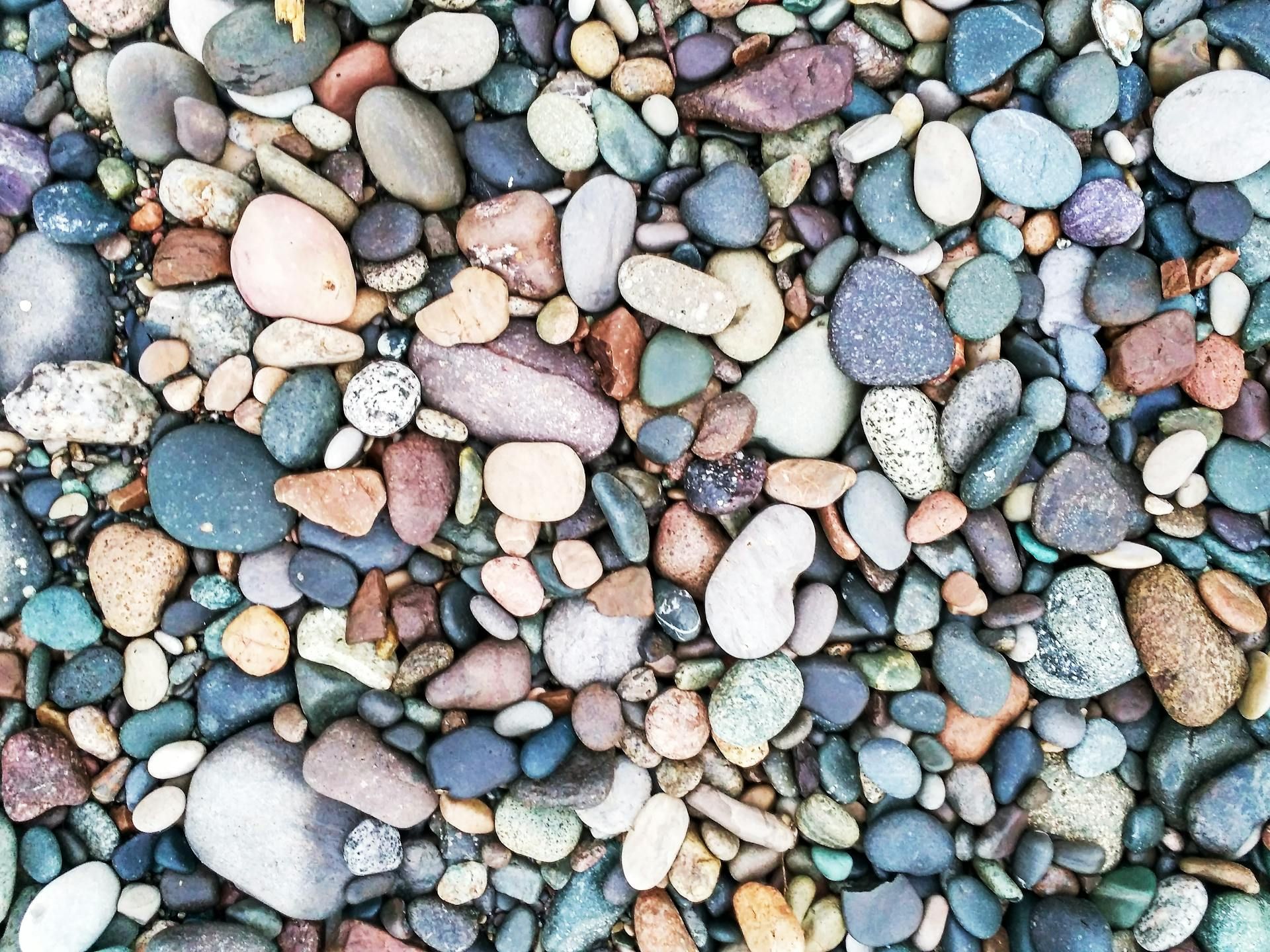
Maintaining a beautiful garden or landscape is a year-round commitment. One crucial aspect often overlooked is choosing the right mulching material. While traditional organic mulches have their benefits, an increasing number of homeowners and garden enthusiasts are exploring alternatives such as rocks to achieve a unique and sustainable landscape design.
If you have a garden or landscaping project, you may have come across the choice between using mulch or rocks as ground cover. Both options have their benefits, but this time we are going to explore why replacing mulch with rocks can be a viable and attractive option for your outdoor space.
Benefits of Replacing Mulch with Rocks
- Longevity and Durability - One of the biggest advantages of using rocks as ground cover is their durability. While
mulch can break down over time due to weather and decomposition, rocks are likely to last much longer. This longevity can save you both time and money, as you won't need to replenish the ground cover as frequently.
- Aesthetically Pleasing - Rocks can add an element of natural beauty and texture to your garden or landscape. With a variety of colors, shapes, and sizes available, you can choose the
perfect rocks to complement your overall design theme. From smooth river rocks to jagged lava rocks, the options are endless.
- Low Maintenance - Unlike mulch, rocks don't require regular maintenance such as re-mulching or frequent watering. Once the rocks are in place, they pretty much remain unchanged. This makes them an excellent choice for busy homeowners or for areas that receive little rainfall, as they require minimal upkeep.
- Weed Suppression - Rocks can act as a natural deterrent for weeds. By covering the ground with rocks, you create a barrier that impedes weed growth. This means less time spent pulling or spraying weeds, giving you more time to enjoy your garden.
- Water Conservation - Rocks can help with water conservation as they reduce evaporation and retain moisture in the soil, especially when used in xeriscaping or drought-prone areas. By using rocks instead of mulch, you can help your plants stay hydrated while minimizing water usage.
- Pest Control - While mulch can provide a cozy habitat for pests such as insects, rodents, and termites, rocks act as a deterrent. By choosing rocks as ground cover, you reduce the risk of attracting unwanted guests into your garden, promoting a healthier and more enjoyable outdoor space.
- Better for Sloped Areas - If you have a slope in your garden, mulch can easily wash away during heavy rain or strong winds. On the other hand, rocks have a heavier weight and are less likely to be displaced, making them a better option for sloped areas.
What are Landscaping Rocks?
Landscaping rocks are an essential element of any well-designed outdoor space. These beautiful rocks, also known as decorative rocks or garden stones, can be used in a variety of ways to enhance the overall aesthetic and functionality of your garden or yard. From creating stunning focal points to adding texture and depth, landscaping rocks have become a beloved choice for both homeowners and professional landscapers alike.
So, what exactly are landscaping rocks?
These rocks are typically natural stones that are mined and then processed for use in landscaping projects. They come in a wide range of sizes, colors, and textures, allowing for endless creative possibilities. Some common types of landscaping rocks include river rocks, flagstones, gravel, boulders, and crushed stone.
One of the main reasons why people choose to incorporate landscaping rocks into their outdoor spaces is their ability to create visual interest. By strategically placing rocks of different shapes, sizes, and colors, you can instantly transform a bland area into a captivating landscape. Whether you want to build a rock garden, edge a flower bed, or construct a rock pathway, these rocks can add a unique touch to your yard.
Moreover, landscaping rocks are incredibly durable and low-maintenance. Unlike other materials like wood or mulch, which require regular upkeep and replacement, rocks can withstand harsh weather conditions and maintain their aesthetic appeal for years to come. They do not decompose or fade, making them a cost-effective choice in the long run. Additionally, rocks can help conserve water as they prevent soil erosion and retain moisture, thus supporting the health of your plants.
How to Replace Mulch with Rocks
Planning
Before diving into the project, it is essential to plan accordingly. Assess your garden space and determine the amount of mulch that needs to be replaced. This will help you estimate the quantity of rocks required. Additionally, consider the type of rocks you want to use, as they come in various sizes, colors, and textures. Keep in mind that larger rocks are more difficult to move and may require assistance.
Clearing the area
Once you have a clear plan, it's time to start working on your garden. Begin by removing all existing mulch from the designated area. Use a rake or a garden fork to loosen and remove any excess organic matter, like leaves or twigs. Rake the area thoroughly to create a clean surface for the rocks.
Create a barrier
Unlike mulch, rocks are not easily broken down or absorbed into the soil. Before laying down the rocks, it's important to create a barrier to separate them from the soil and prevent them from sinking over time. You can use landscape fabric, a high-density plastic liner, or even a layer of cardboard to create this barrier. Cut the material to fit the designated area and secure it with landscape staples or heavy stones at the edges.
Laying the rocks
With the barrier in place, it's time to start laying down the rocks. Start from one corner and work your way across, ensuring an even distribution of rocks throughout the area. Choose rocks of various sizes and colors to create visual interest and incorporate texture into your design. Be cautious when handling larger rocks and consider using gloves to protect your hands.
Maintenance tips
One of the primary reasons people choose rocks over mulch is because of the reduced maintenance. However, it's important to remember that rocks still require some care. Regularly remove any debris, fallen leaves, or weeds that may accumulate on the surface. This will help maintain the clean and polished appearance of your garden. Additionally, you may want to consider using a leaf blower or a garden hose to clean the rocks occasionally, eliminating any dust or dirt that may settle over time.
How to Choose the Right Landscaping Rocks
- Consider Your Garden Style:
The first step in selecting rocks is to consider the style and theme of your garden. Is it a Zen garden, a cottage-style garden, or a contemporary landscape? Different styles call for different types of rocks. For example, if you have a Japanese-inspired garden, you may opt for smooth and rounded rocks representing water. On the other hand, a cottage-style garden often features rugged and irregularly shaped rocks to add a rustic touch. - Determine the Purpose of Rocks in your Garden:
Are you using rocks as a focal point, border, or ground cover? Understanding the purpose of the rocks will help you choose the right size, shape, and color. Large, eye-catching rocks can serve as a centerpiece, while smaller rocks can be used as a border or ground cover. Use rocks strategically to create visual interest and highlight your garden's key features. - Think About Color Scheme:
Choosing the right color of rocks is crucial in enhancing the overall aesthetic of your garden. The color of the rocks should complement the plants, flowers, and other landscaping elements. For a cohesive look, coordinate with the existing color scheme in your garden. Warm-toned rocks like red or brown can bring a sense of depth and warmth, while light-colored rocks like white or cream can brighten up shady areas. - Consider Size and Shape:
Rocks come in various sizes, from small pebbles to large boulders. Consider the size of your garden and the desired impact. If you have a small garden, it is better to use smaller rocks to avoid overwhelming the space. Similarly, be mindful of the shape of the rocks. Smooth or rounded rocks create a calming effect, whereas sharp-edged or irregularly shaped rocks bring a more dramatic and bold element to your garden. - Pay Attention to Maintenance:
Another important factor to consider when choosing rocks is the maintenance they require. Some rocks may accumulate debris or moss, requiring periodic cleaning. If you prefer a low-maintenance garden, opt for rocks that are easier to clean and do not trap too much dirt. Additionally, consider the weight of the rocks if you plan on moving or rearranging them frequently. - Consider Local Availability:
Lastly, consider the availability of rocks in your local area. Local rocks are not only more cost-effective but also blend seamlessly into the regional landscape. Local rocks can also serve as a reminder of the geological history of your area, adding a unique touch to your garden.
Final Thoughts
Replacing mulch with rocks can be a practical and attractive solution for your garden or landscaping project. With their longevity, low maintenance requirements, weed suppression properties, and aesthetic appeal, rocks offer a unique alternative that can transform your outdoor space. Consider the specific needs of your garden and personal preferences before making the switch, and enjoy the benefits of a beautiful and low-maintenance landscape.
NH Thinstone
760 NH-16
Ossipee, NH 03864
CALL US
Phone: (603) 837-6685
EMAIL US
Email: ordersnht@gmail.com
HOURS
- Monday
- -
- Tuesday
- -
- Wednesday
- -
- Thursday
- -
- Friday
- -
- Saturday
- Appointment Only
- Sunday
- Appointment Only
Copyright © 2023 NH Thinstone, All Rights Reserved.

